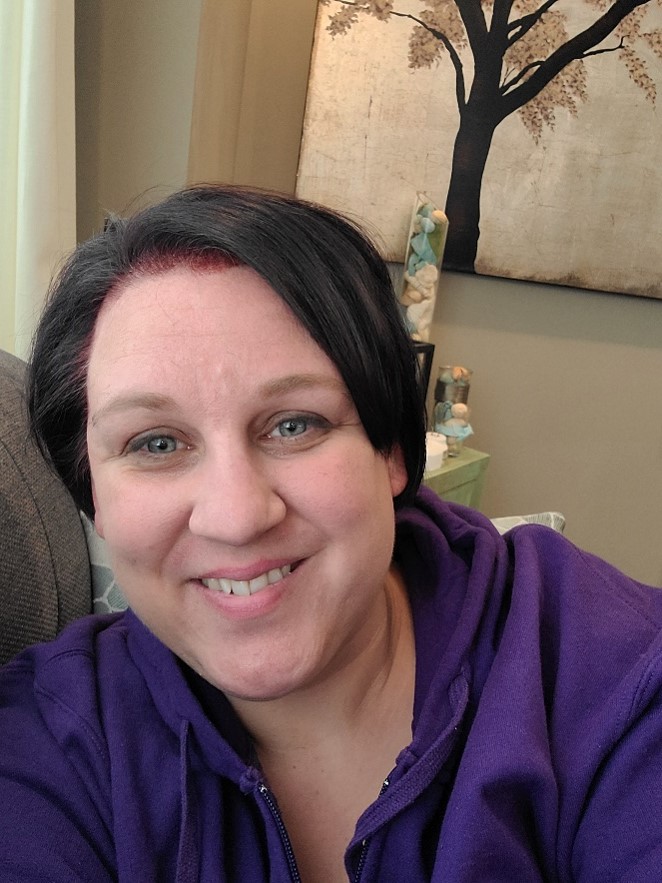Posted • Last updated
Categories: Improving Health Care, Patient Voice Mail, Working Together for Better Health Care
The staff in the medical imaging department at Kelowna General Hospital knew that the ultrasound experience for both patients and staff could be improved.
In the spring of 2018, they held a Rapid Process Improvement Workshop to identify potential improvements. In the workshop, participants identified and worked through rapid cycles of small changes that can ultimately lead to sustainable long-term changes. It usually includes follow-up sessions to review the improvements at periodic intervals such as 60 days, three months, six months and then again at nine months.
Leya Stringer, the patient partner involved, provided feedback and suggestions on reducing interruptions during the scan, increasing the number of scans performed and reducing delays for the radiologist’s consult. At a 60-day follow-up session, the changes made had contributed to a 46% improvement in inpatient lead time, and a 27% improvement for outpatients. These improvements refer to the amount of time between when a patient checks in and then exits from the department.

The staff leading the work shared that they felt fortunate to have a patient partner participate in the workshop.
“[Leya] constantly reminded us to consider the patient as new ideas were developed and tested on the unit.”
Progress continues to be made in the medical imaging department because of this project. For the staff, this work has reinforced the value in having a patient partner on the team.


